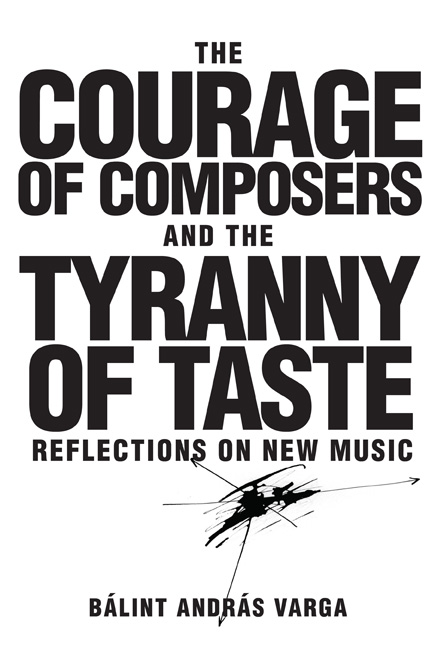2 - John Adams (b. 1947)
Published online by Cambridge University Press: 22 May 2021
Summary
Vienna, March 13, 2015
Edited March 24, 2015
In his autobiography Hallelujah Junction as well as during our interview at Vienna's Konzerthaus, John Adams struck me as a composer of acute public awareness. It stems from his realization that he is devoting his life to an art form—”serious” music—that is condemned to a marginal existence both in the United States and the rest of the world. What appears to be his innate pessimism makes him overlook his spectacular success, which has turned him into a representative figure of American music. The questions that seem to exercise his mind concern the social relevance of his own output and that of his colleagues, in relation to popular culture. I think he feels responsible for the future of American music and strives to create works that should become part of the cultural heritage of the United States, a kind of humus for the seeds of music to be composed by future generations. John Adams is also keenly aware of the presence of American music—or its lack—on an international scale and his pride in its accomplishments is tinged with an inescapable inferiority complex in regard to European masters of the past and present with composers like Elliott Carter or Morton Feldman. I interviewed both of them decades ago: they were fiercely patriotic and simultaneously on the defensive.2
All this is apparent in our conversation, which took place after an intensive rehearsal with the Wiener Symphoniker at Vienna's Konzerthaus when John Adams was still suffering from jetlag and was not really fit or indeed inclined to give an interview. The text below is the result of careful editing for which he found the time in New York in the middle of a no less grueling rehearsal and conducting schedule.
With regard to his concert in Vienna: the very program was eloquent proof that John Adams's music fits seamlessly into the neighborhood of Beethoven and Stravinsky. One accepted it as part of that tradition without any need to make allowances. Of course, the reference to Beethoven in Absolute Jest for string quartet and orchestra was deliberate, drawing its material from the late quartets (opp. 131, 135, and the Große Fuge).
- Type
- Chapter
- Information
- The Courage of Composers and the Tyranny of TasteReflections on New Music, pp. 20 - 35Publisher: Boydell & BrewerPrint publication year: 2017

